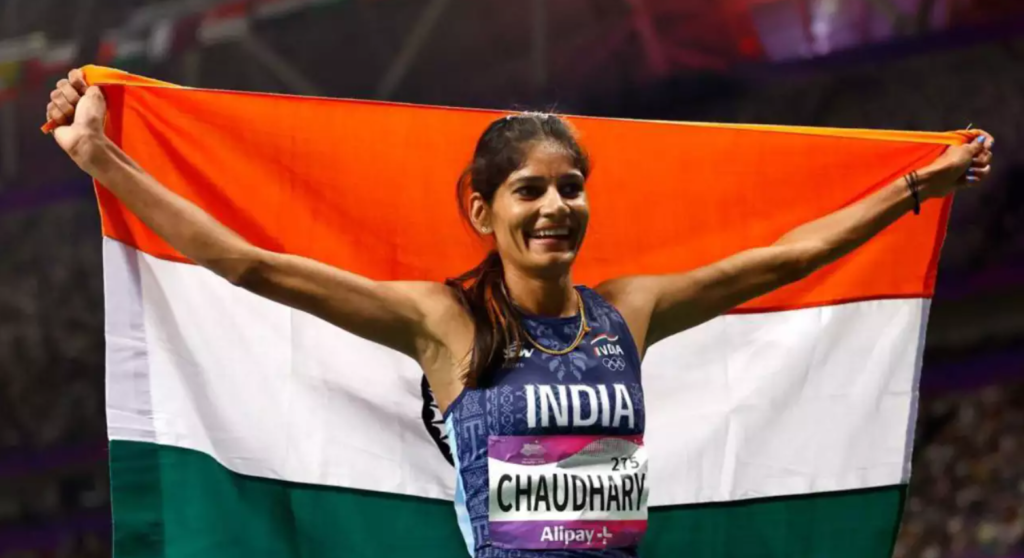
Forget the roar of the crowd at a packed Eden Gardens, the electrifying atmosphere of a kabaddi raid, or the nail-biting tension of a penalty shootout. India’s sporting landscape is no longer a one-act play dominated by domestic sports. With the recent buzz surrounding the 2036 Olympics bid and the successful hosting of the 2023 Chess Olympiad, a crucial question emerges: Should India step onto the global stage more often by hosting major international sporting events? Let’s grab our metaphorical jerseys and analyze the potential benefits and drawbacks, separating the cheers from the concerns.
Pros: Booming the Economy and Infrastructure
Hosting major sporting events can be a potent economic booster. The 2010 Commonwealth Games in Delhi, despite controversies, reportedly generated ₹31,000 crore for the Indian economy. Tourism flourishes, hotels see increased occupancy, and businesses catering to fans experience a surge. Additionally, infrastructure receives a much-needed upgrade. New stadiums, transportation networks, and communication systems get built, improving public facilities for years to come.
Cons: Financial Burden and Corruption Concerns
The flip side of the coin is the hefty price tag. The 2010 Commonwealth Games, while economically beneficial, faced allegations of cost overruns and corruption. Concerns linger about transparency and proper financial management, especially with mega-events like the Olympics. The burden of debt repayment and maintenance of unused infrastructure also needs careful consideration.
Building Sporting Prowess and National Pride

Hosting international events ignites a passion for sports, inspiring youngsters and showcasing India’s sporting potential. The 2011 Cricket World Cup win on home soil is a prime example, uniting the nation and propelling young talents like Virat Kohli to stardom. Moreover, witnessing world-class athletes in action motivates domestic players and coaches, potentially elevating overall sporting standards.
Challenges: Grassroots Development and Inclusivity
While national pride soars, concerns arise about neglecting grassroots development. Often, the focus on large-scale events overshadows investments in local training facilities, coaching programs, and talent scouting. Additionally, ensuring inclusivity across various sports and regions is crucial to prevent further marginalization of non-mainstream sports and underprivileged communities.
Finding the Golden Mean: Strategic Hosting and Sustainable Investments
So, should India host more international sporting events? The answer isn’t a simple yes or no. Strategic hosting coupled with long-term investments in infrastructure, grassroots development, and transparent financial management is key. We need events that not only leave a positive economic impact but also nurture sporting talent, inspire youth participation, and promote inclusivity across the nation.
Ultimately, it’s about striking a balance. Let’s not get carried away by the hype of mega-events but use them as a catalyst for creating a sustainable sporting ecosystem that benefits all. Remember, every sporting event is an opportunity to not just showcase India’s prowess but also build a brighter future for its athletes and sports enthusiasts.
Let the discussion continue! Share your thoughts and opinions in the comments below. Are you for or against India hosting more international sporting events? Why?
